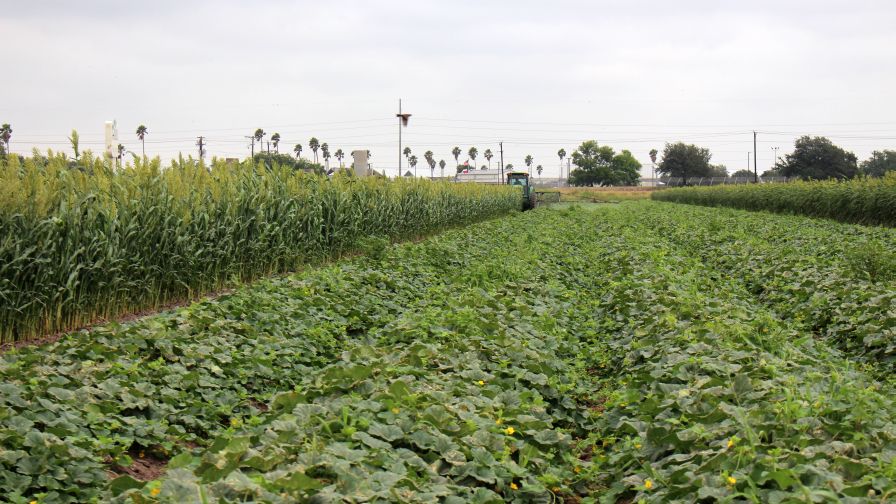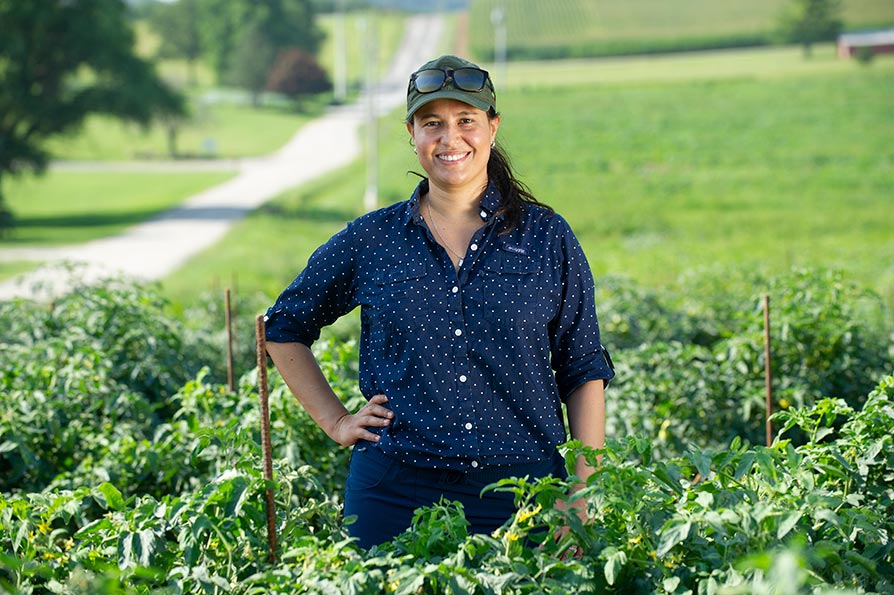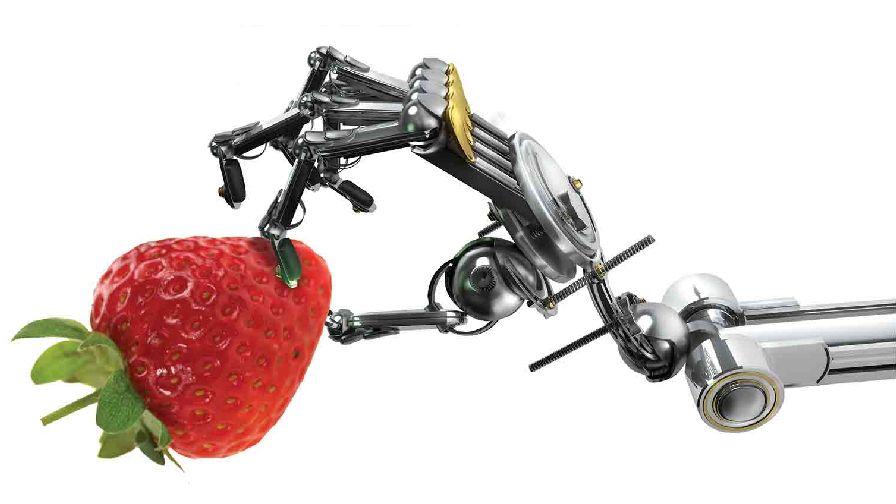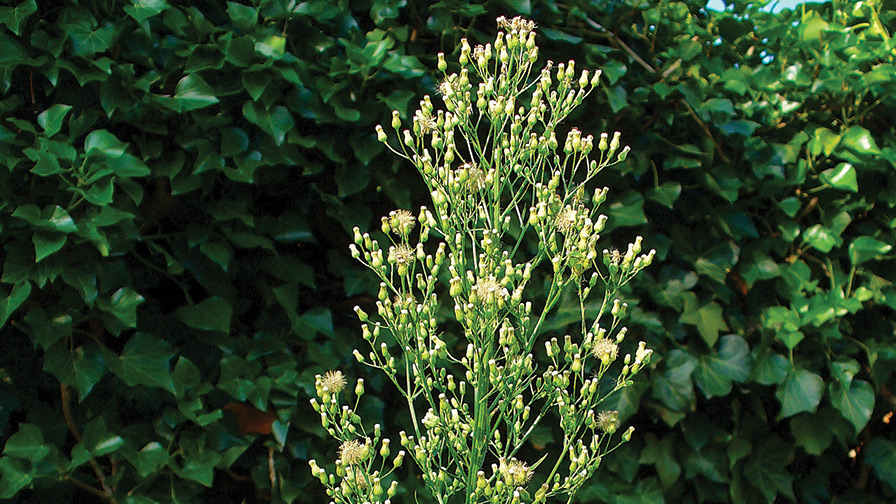Organization Seeks Winegrape Exemption Produce Safety Rule
The California Association of Winegrape Growers (CAWG) has requested FDA exempt winegrapes from its produce safety rule under the Food Safety Modernization Act (FSMA) and place them on a list of produce commodities rarely consumed raw. The action would exempt growers and wineries from having to comply with unnecessary and burdensome requirements and paperwork under the rule.
On June 15, CAWG President John Aguirre sent a letter and 10-page whitepaper to FDA detailing CAWG’s request. More than 30 commodities, such as potatoes and asparagus, are listed as rarely consumed raw and thus exempt from the produce safety rule. FDA determined these commodities are nearly always cooked or otherwise processed before consumption, thus eliminating risks of foodborne illness. CAWG argued that winegrapes are also not grown, harvested, or sold to consumers for fresh consumption; they are almost universally grown and sold for processing into wine. As such, winegrapes should also be exempt from the produce safety rule.
“When FDA published its produce safety rule, the agency acknowledged that making wine from grapes effectively eliminates any risk of foodborne illness that might occur with raw grapes,” Aguirre said. “However, FDA failed to include winegrapes on the list of commodities rarely consumed raw because the agency feared growers of cabernet sauvignon, pinot noir, chardonnay, and other varietals may sell those grapes for fresh consumption. Our letter to FDA should provide sufficient information for the agency to determine that California winegrapes are distinct from table- and raisin-type grapes and are rarely consumed raw.”
Currently, winegrape growers can only obtain an exemption from the produce safety rule by adhering to specific notice and assurance requirements under the rule’s processing exemption. Beginning with the 2018 harvest, FDA will require growers provide written notice with each load of winegrapes shipped that the grapes have not been processed. Starting in 2020, wineries will need to provide assurance to growers that the winegrapes received were indeed processed into wine. Growers are required to maintain a record of these notices and assurance transactions for up to two years. Failure to follow these steps precisely may invalidate the processing exemption and force winegrape growers to comply with the many provisions of the produce safety rule.
“It’s absurd to think that a Santa Barbara County winegrape grower would sell ‘Pinot Noir’ or ‘Chardonnay’ grapes into fresh table or raisin grape market channels,” CAWG director Mike Testa, of Coastal Vineyard Care, said. “All commercial winegrape production in Santa Barbara County, as in many other California counties, is destined for a fermentation tank. FDA’s produce safety rule should acknowledge that and exempt winegrapes.”










